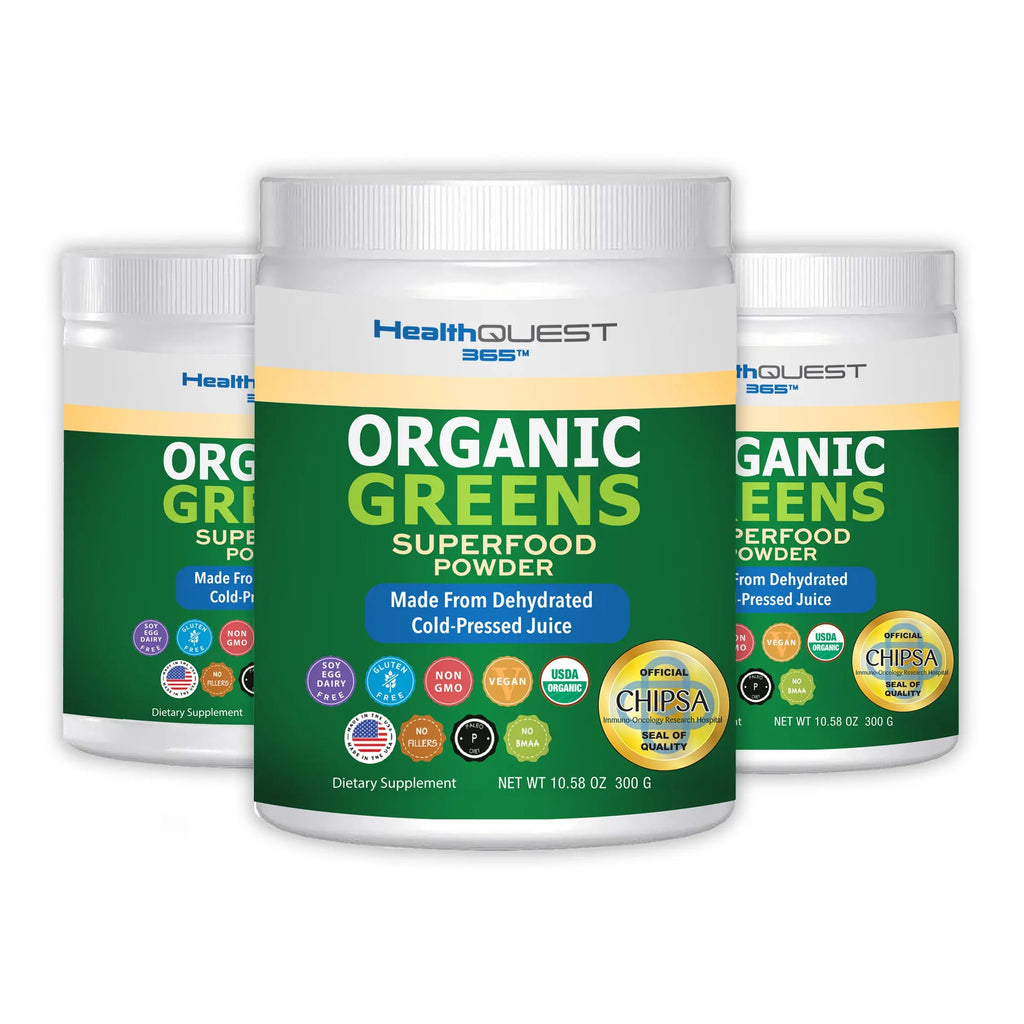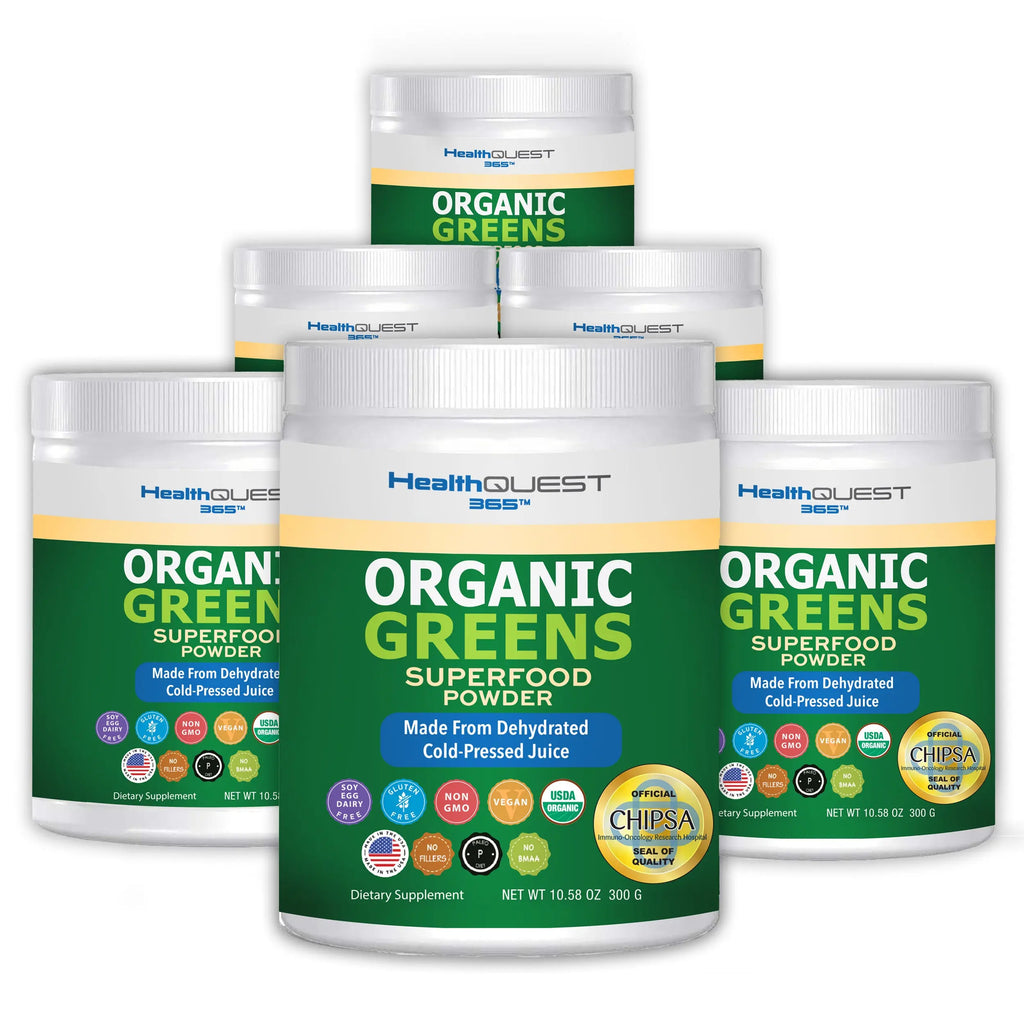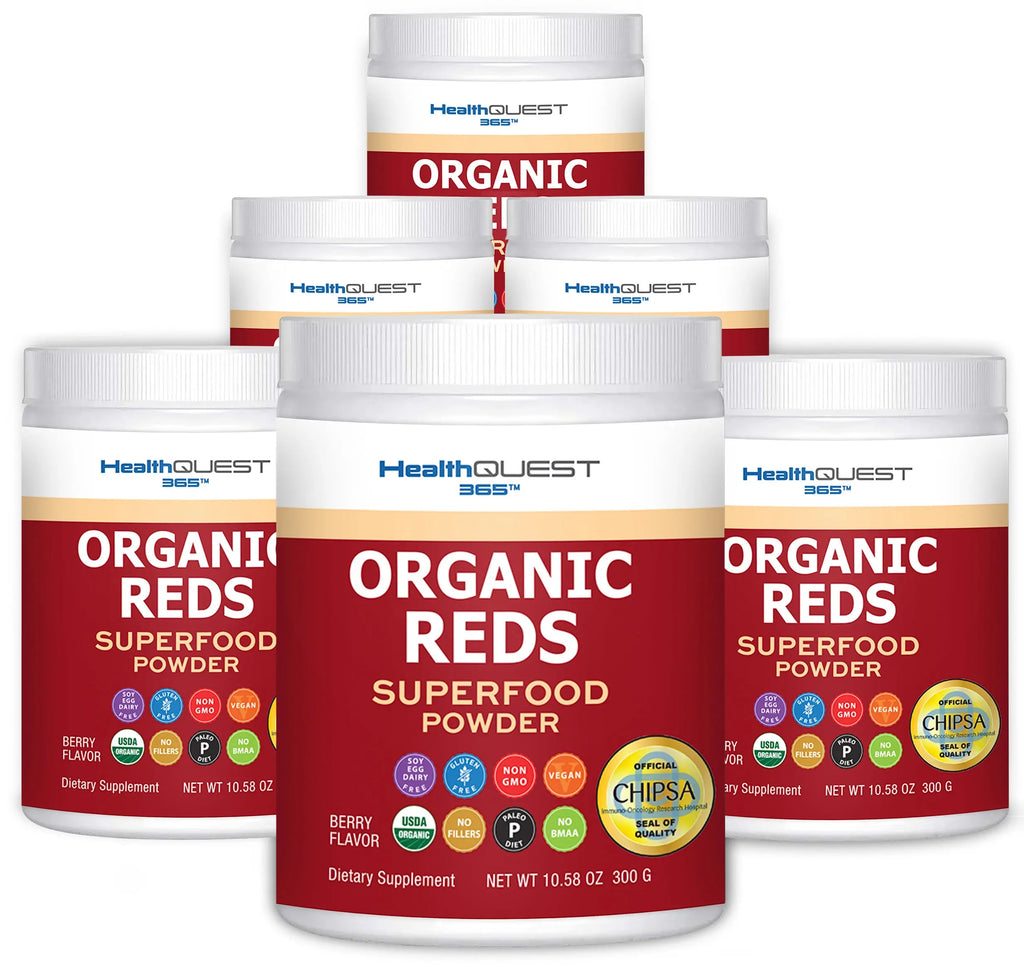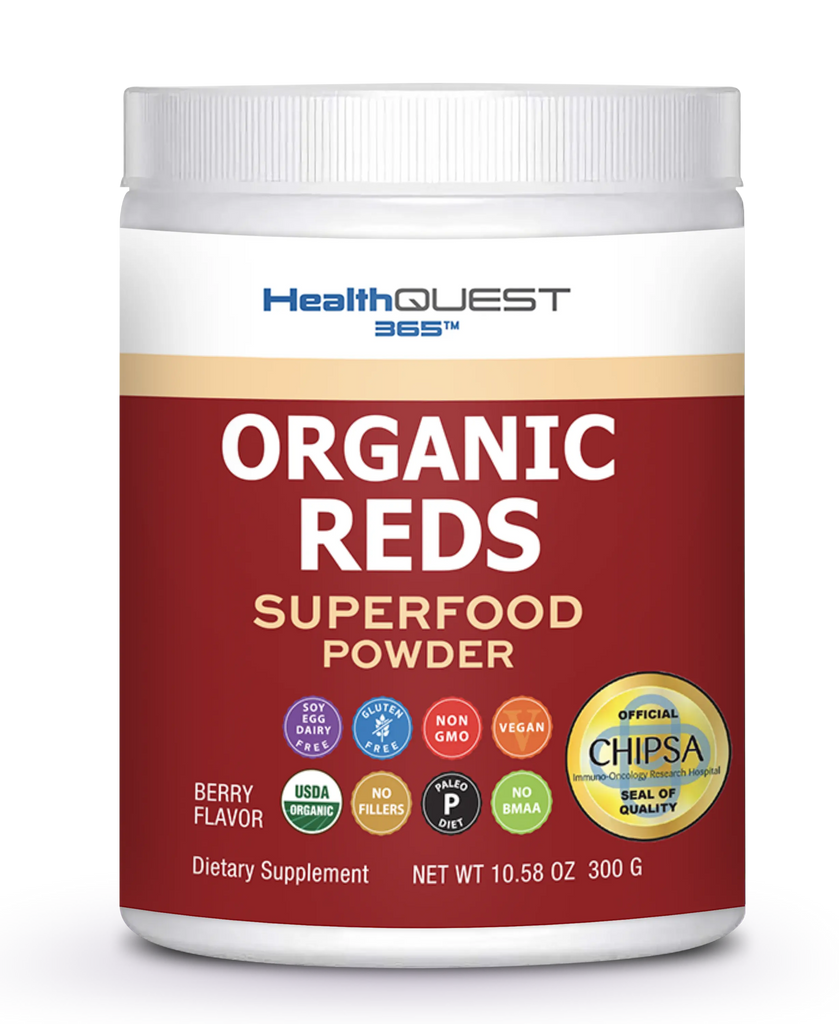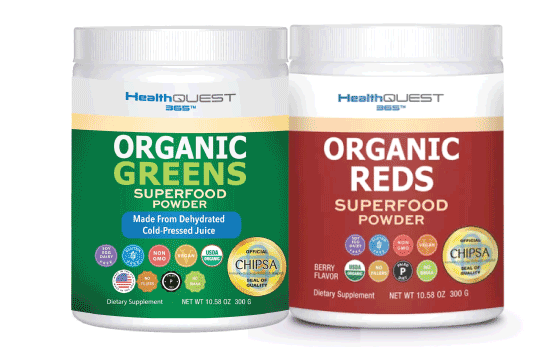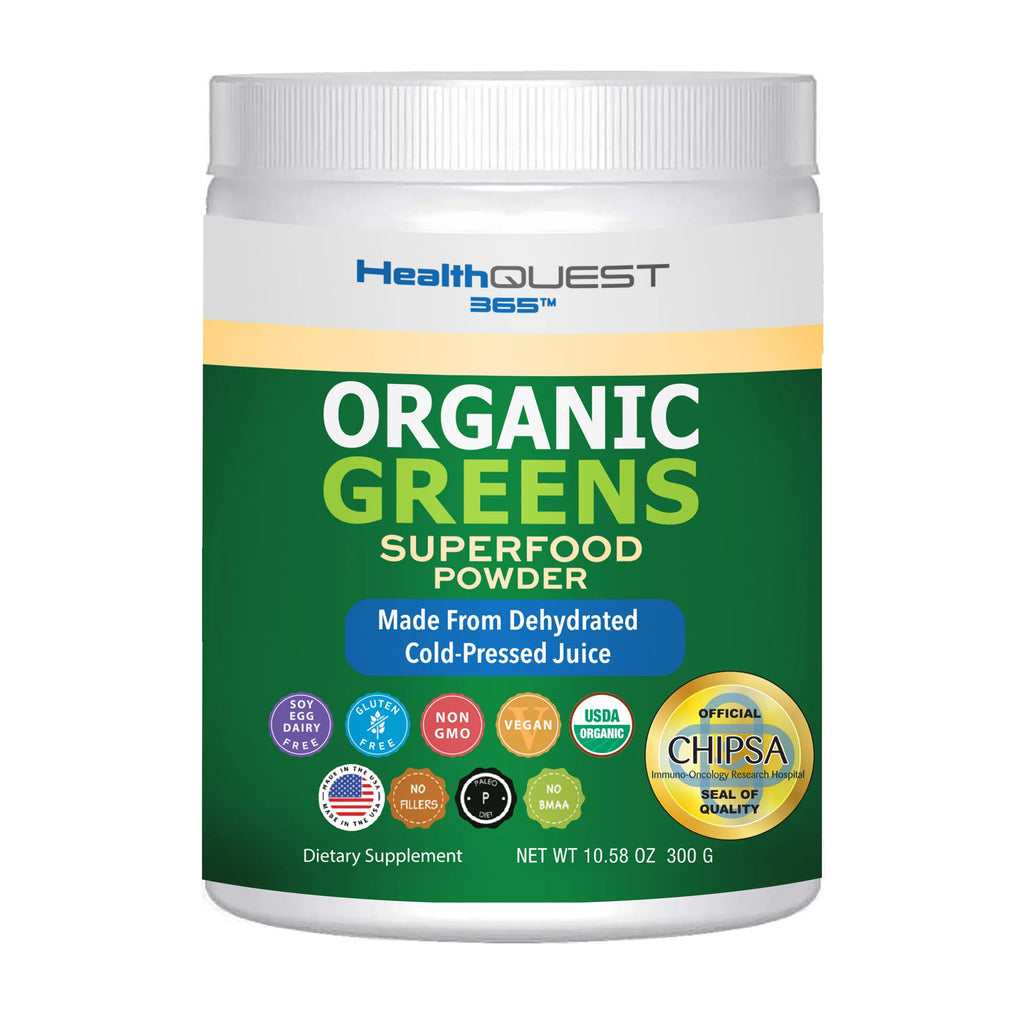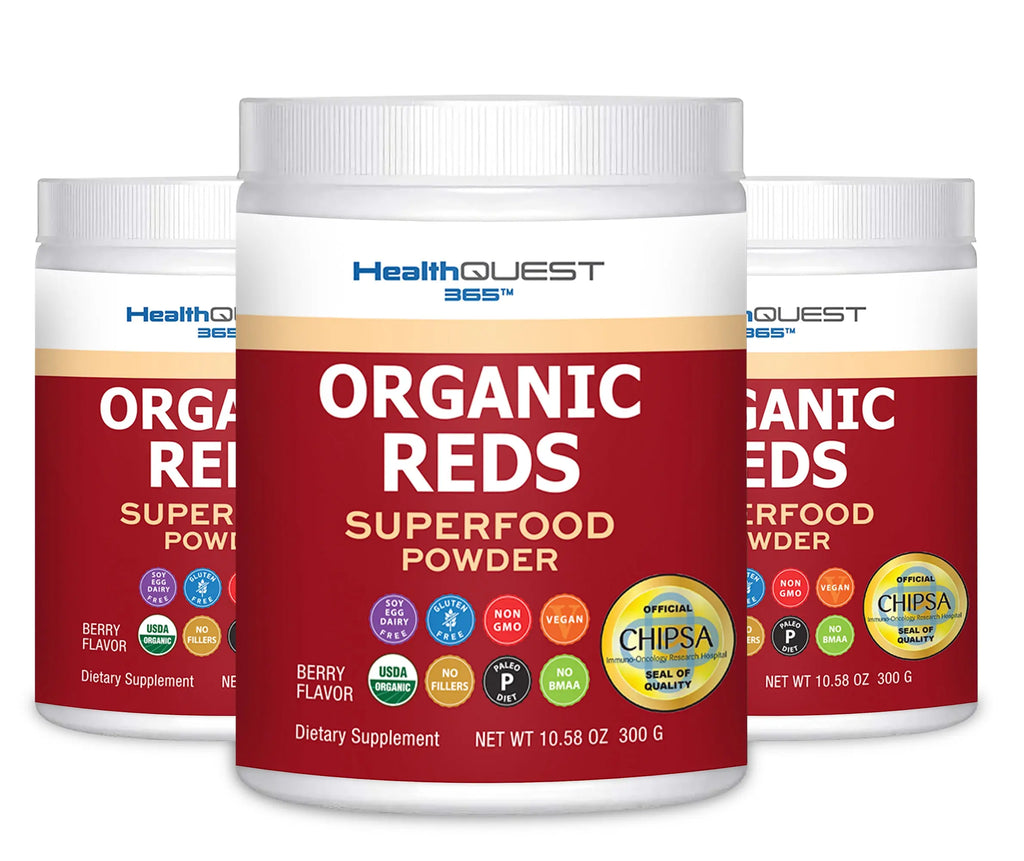It’s about health. It’s about healthy lifestyle. It’s about family™

Exploring The Sustainability Of The Organic Food Industry
You may or may not be aware that nutrition is not a one-size-fits-all deal. What works brilliantly for your fitness-obsessed neighbor may do nothing for you.
So, how do you figure out what works for you ? How do you make sense of it all and start eating healthier ? This comprehensive guide will help you understand the essentials of nutrition, the importance of healthy eating, and how to personalize your nutritional intake.
You'll also find some handy tips to start and maintain a healthy diet, and the role of water, exercise, and sleep in nutrition.

UNDERSTANDING NUTRITION: THE ESSENTIALS
In a nutshell, nutrition is about eating a balanced diet. It should include a variety of healthy foods that can supply your body with the necessary nutrients.
However, it's not just about what food you eat. When and how you eat is equally important.
THE IMPORTANCE OF HEALTHY EATING FOR OUR HEALTH
There's an old saying, "you are what you eat," and it bears a lot of truth. The food choices we make can significantly impact our health, both physically and mentally.
PHYSICAL HEALTH IMPACTS
-
Weight Management. A balanced diet helps maintain a healthy weight, reducing the risk of obesity and associated health problems like heart disease and diabetes.
-
Heart Health. Foods low in saturated fats, trans fats, cholesterol, and high in fiber can help prevent high cholesterol and high blood pressure, reducing the risk of heart disease.
-
Bone Strength. Regular intake of calcium and vitamin D maintains bone health, reducing the risk of osteoporosis.
-
Digestive Health. Dietary fiber from fruits, vegetables, and whole grains aids digestion and prevents constipation.
-
Energy Supply. Proper nutrition ensures your body gets the right amount of macronutrients – carbohydrates, protein, and fats – needed to sustain energy levels.
-
Immunity Boost. Vitamins, minerals, and antioxidants found in various foods boost the immune system, helping the body fight off diseases.

Give You ALL Our Best Workbooks
Get all the Best Workbooks + Action Guides from our expert
MENTAL HEALTH IMPACTS
-
Brain Health. Certain nutrients, like omega-3 fatty acids, B vitamins, and antioxidants, are essential for brain health. They can delay brain aging and improve memory and mood.
-
Mood Enhancement. Some foods, like those rich in omega-3 fatty acids, can increase serotonin levels in the brain, leading to improved mood and reduced risk of depression.
-
Stress Management. Certain foods like green leafy vegetables and fermented products help regulate cortisol, our stress hormone.
-
Sleep Quality. Consuming a balanced diet helps regulate hormones like melatonin that influence sleep patterns.
-
Cognitive Function. Nutrients like iron, omega-3 fatty acids, and zinc are critical for cognitive development and function.
In essence, healthy eating impacts every aspect of our physical and mental health. This reinforces the importance of maintaining a balanced and nutritious diet.
HOW TO PERSONALIZE YOUR NUTRITIONAL INTAKE
Personalizing your nutritional intake involves tailoring your diet to meet your individual health needs, lifestyle, and preferences. Here are a few simple steps:


FREE "Mystery Gift"?
Let me stay in touch with you via email and as a thank you - get this FREE gift.. Something others paid over $1,000 for.
(True story)
IDENTIFY YOUR GOALS
Are you looking to lose weight, build muscle, manage a health condition, or just maintain overall wellness? Your goals will influence your nutritional needs.
KNOW YOUR BODY
Understand your body type, metabolism rate, and any allergies or intolerances you might have.
CONSIDER YOUR LIFESTYLE
Your physical activity levels, stress levels, sleep patterns, and work schedule can all impact your nutritional requirements.
CONSULT A PROFESSIONAL
A registered dietitian or nutritionist can provide personalized advice based on your health history and goals.
LISTEN TO YOUR BODY
Pay attention to how different foods make you feel. Some may provide energy, while others may cause fatigue or discomfort.
BALANCE AND VARIETY
Ensure your diet includes a variety of foods from all food groups to get a wide range of nutrients.

TIPS FOR STARTING AND MAINTAINING A HEALTHY DIET
It's about progress, not perfection. Each small, positive change can improve your overall diet. Here are some tips to help you get started:
-
Start Small. Make one change at a time, like adding more vegetables to your meals or drinking more water.
-
Plan Ahead. Prepare healthy meals and snacks in advance to avoid unhealthy last-minute choices.
-
Eat a Variety. Include different foods from all food groups (fruits, vegetables, grains, protein, dairy) to get a wide range of nutrients.
-
Limit Processed Foods. They often contain high levels of sodium, sugar, and unhealthy fats. Opt for fresh foods whenever possible.
-
Stay Hydrated. Drink plenty of water throughout the day.
-
Listen to Your Body. Eat when you're hungry and stop when you're full.
-
Be Consistent. Healthy eating is a long-term commitment. Stick with it, even when it gets tough.
-
Enjoy Your Food. Find healthy foods that you love and make mealtime enjoyable.

THE ROLE OF WATER, EXERCISE, AND SLEEP IN NUTRITION
Water, exercise, and sleep play crucial roles in nutrition:
WATER
It transports nutrients to cells, aids digestion, regulates body temperature, and keeps organs functioning properly. Staying hydrated also helps control appetite as dehydration can be mistaken for hunger.
EXERCISE
Regular physical activity helps manage weight, reduces the risk of many diseases, and can influence nutritional needs by increasing calorie and protein requirements. It also improves metabolism, helping the body use nutrients more efficiently.
SLEEP
Quality sleep is essential for the body's recovery and the regulation of hormones that control appetite and metabolism. Lack of sleep can lead to poorer food choices and overeating.
DEBUNKING THE MOST COMMON NUTRITIONAL MYTHS
Here are some of the most common nutritional myths, debunked:
MYTH: EATING HEALTHY IS TOO EXPENSIVE.
Fact: While some healthy foods can be pricey, there are plenty of affordable options like whole grains, beans, fruits, and vegetables.
MYTH: EVERYONE SHOULD FOLLOW A GLUTEN-FREE DIET.
Fact: Unless you have celiac disease or a gluten intolerance, there’s no need to avoid gluten. Whole grains, which contain gluten, are an important source of nutrients.
MYTH: NATURAL SUGARS, LIKE HONEY AND MAPLE SYRUP, ARE BETTER THAN WHITE SUGAR.
Fact: Sugar is sugar. All these forms still contribute calories and can lead to weight gain if consumed in excess.
MYTH: FRESH FRUITS AND VEGETABLES ARE ALWAYS HEALTHIER THAN CANNED OR FROZEN ONES.
Fact: Frozen or canned fruits and vegetables can be just as nutritious as fresh ones, and they're often more convenient and cost-effective.
MYTH: ALL FAT IS BAD.
Fact: Healthy fats, like those found in avocados, nuts, seeds, and fish, are essential for brain function and body health.

MYTH: DETOX DIETS ARE NECESSARY TO REMOVE TOXINS FROM THE BODY.
Fact: Your body, particularly your liver and kidneys, is naturally capable of detoxing itself.
MYTH: YOU NEED TO EAT SMALL, FREQUENT MEALS TO BOOST YOUR METABOLISM.
Fact: There's no one-size-fits-all approach to meal frequency. What's more important is the overall quality of the diet and maintaining a calorie balance.
TRANSFORM YOUR LIFE THROUGH BETTER NUTRITION!
Living a healthy life goes beyond just eating balanced meals. It involves understanding and personalizing your nutritional intake based on your body's needs and your lifestyle.
It's vital to stay hydrated, engage in regular physical activity, and ensure you get quality sleep. These factors significantly influence your nutritional health. Debunking common nutritional myths and misconceptions is also essential for making informed dietary choices.
Want to get started on living a healthy life? Check out Health Quest 365’s Organic Greens 365 and Organic Reds 365 today !
FREQUENTLY ASKED QUESTIONS
A serving size is a measured amount of food or drink, such as one slice of bread or one cup (eight ounces) of milk. Understanding serving sizes can help you balance your intake of various nutrients and control your portion sizes..
No, not all carbs are bad. While you should limit sugars and refined grains, whole grains and fiber-rich fruits and vegetables are healthy sources of carbs that provide energy and other nutrients.
The amount of protein you need depends on factors like your age, sex, weight, and activity level. On average, adults need about 46-56 grams per day.
It depends on your diet and health status. It's best to get nutrients from food. Still, some people may benefit from supplements if they have deficiencies or certain health conditions.
Yes, but remember that these beverages can also contain caffeine, which has a diuretic effect. It's still important to drink plenty of plain water.
TRY AND GET MORE BENEFITS
... AND HE HATES VEGETABLES!
ORGANIC SUPER GREENS DRINK!
CHIPSA HOSPITAL CERTIFIED NUTRITION

CHIPSA Hospital, known as the original Gerson Hospital, was founded by Charlotte Gerson and Victor Ortuno in 1979.
CHIPSA is known as one of the leading integrative immuno-oncology treatment hospitals in the world.
CHIPSA Patients follow an Enhanced Gerson Protocol and drink 13 Cold Pressed Juices a day and 2oz of Organic Greens 365 daily.
*These statements have not been approved by the Food and Drug Administration. This product is not intended to diagnose, treat, cure, or prevent any disease.
The website's content and the product for sale is based upon the author's opinion and is provided solely on an "AS IS" and "AS AVAILABLE" basis. You should do your own research and confirm the information with other sources when searching for information regarding health issues and always review the information carefully with your professional health care provider before using any of the protocols presented on this website and/or in the product sold here.
Neither Health Quest 365 LLC. nor the author are engaged in rendering medical or similar professional services or advice via this website or in the product, and the information provided is not intended to replace medical advice offered by a physician or other licensed healthcare provider.

